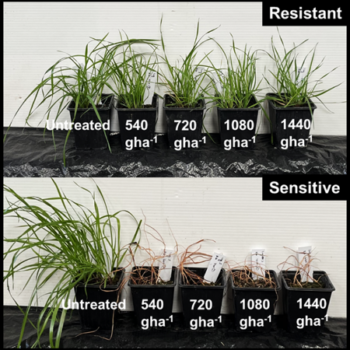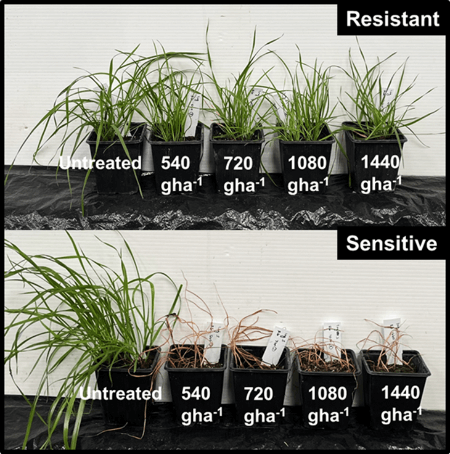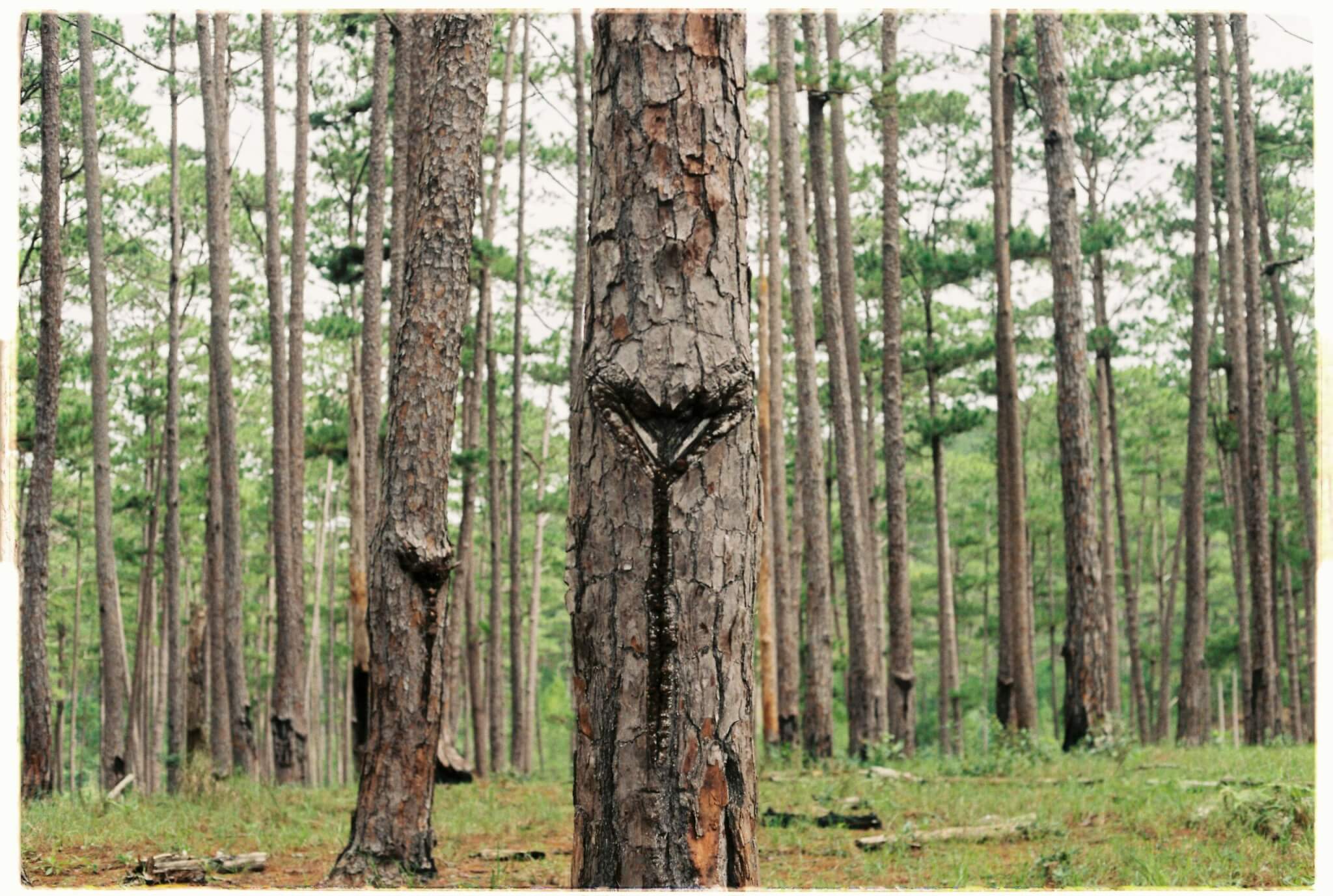Teagasc confirms first case of glyphosate-resistant ryegrass in Ireland

Teagasc researchers have identified the first field population of Italian ryegrass in Ireland resistant to glyphosate, raising major concerns for weed management and crop protection strategies
28 April 2025
Teagasc have recently confirmed the first reported case of a field population of the grass weed Italian ryegrass, that has proven resistant to glyphosate.
Italian ryegrass is already a major challenge on some Irish tillage farms, with some populations resistant to selective herbicides used in crops. Owing to the broad-spectrum activity of glyphosate, glyphosate resistance is a much greater challenge as it severely limits remaining control options.
Based on both glasshouse assessments and a molecular analysis of the confirmed Italian ryegrass population, Dr. Vijaya Bhaskar, weed researcher, Teagasc Crops Research Department, Oak Park, said: “The suspect Italian ryegrass population was tested with different glyphosate products at four rates. Of concern was the fact that all products were ineffective, even at the maximum allowed rate. Molecular analysis revealed a known target-site mutation at the EPSPS Pro-106-Ser position, which has been associated with glyphosate resistance.”
This is the first confirmed case in Ireland, more than 50 years after the introduction of glyphosate.
Over 50 weed species worldwide have developed glyphosate resistance. In Europe, this is mainly seen in perennial crops like orchards and vineyards, but glyphosate resistance in Italian ryegrass has also been found in cereal crops in Italy in 2012 and in the UK in 2025.
Commenting on this development, Dr. Ewen Mullins, head of the Teagasc Crops Science Department, stated that the finding is indeed concerning and will require further investigation to assess the population’s resistance to other herbicide types, and develop additional actions, including drastic cultural methods if, or when required.



 Print
Print










Fans 0
Followers